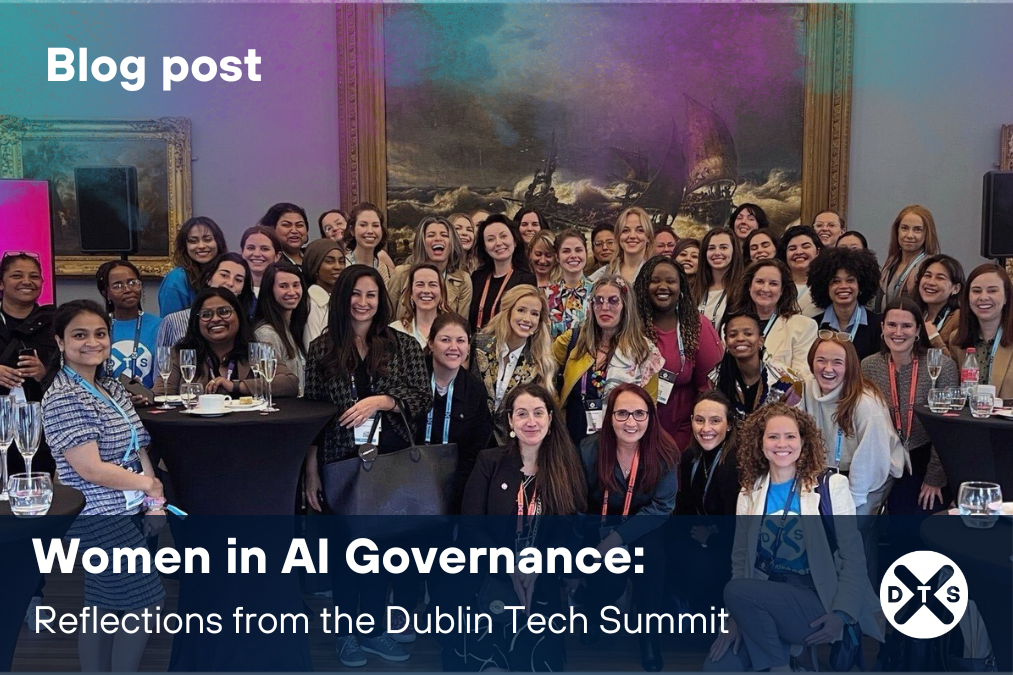Our recent webinar with Stephen Redmond (Head of Data Analytics and AI at BearingPoint Ireland) and Declan O’Sullivan (Human-AI researcher at the Adapt Centre) explored the evolving world of artificial intelligence, focusing on generative AI and its impact on business intelligence.
In case you missed it, here are our top predictions from the insightful discussions:
The Rise of the Agent:
Building on Stephen’s accurate prediction of 2024 as “the year of the co-pilot”, 2025 will be “the year of the agent”. We’re already seeing a surge in AI-powered agents – AI embedded directly into workflows, acting as assistants, facilitators, and even coaches within team meetings. These agents won’t just provide answers; they’ll actively participate in problem-solving and offer insights and guidance. Imagine an AI agent in your team meetings ensuring everyone stays on topic, summarises key decisions, and proactively identifies potential roadblocks. This isn’t science fiction; it’s rapidly becoming reality.
Generative BI Takes Centre Stage:
Generative Business Intelligence (BI) is moving beyond the experimental stage. The webinar showed how generative AI can instantly analyse data, predict anomalies, and provide comprehensive reports in response to natural language queries. This means business leaders can understand complex trends without wading through mountains of data or relying on lengthy email chains. The efficiency gains are significant, freeing up valuable time for strategic decision-making. Expect generative BI tools to become increasingly sophisticated and integrated into existing business applications.
Data Governance and Ethics will be a Priority:
While the power of generative AI is undeniable, Declan emphasised the critical need for robust data governance and ethical considerations. Bias in datasets, the energy consumption of AI models, and the potential misuse of the technology are all significant concerns. Organisations must proactively address these issues, ensuring responsible AI implementation. The EU’s AI Act, currently being finalised, will significantly shape this landscape, pushing for transparency and accountability.
Human-AI Collaboration will be the Key to Success:
The webinar consistently highlighted the importance of humans working alongside AI. AI tools will enhance human capabilities, not replace them entirely. The future involves empowering individuals with AI-assisted tools that improve their skills and productivity. This requires upskilling initiatives focusing on AI literacy, prompt engineering, and the ability to interpret and critically evaluate AI-generated insights. Human oversight, ethical decision-making, and ensuring reliable conclusions remain crucial.
Focus will be on value and ROI:
While data governance is essential, business leaders are increasingly focused on demonstrating a clear return on investment (ROI) for AI initiatives. The webinar stressed starting with a clear definition of business value and then working backwards to determine how AI can deliver that value. By tracking key performance indicators (KPIs) and measuring results, organisations can effectively demonstrate the benefits of AI adoption and build strong business cases for future investments.
Overall:
The webinar highlighted AI’s transformative potential and the challenges involved, emphasising responsible development and human-AI collaboration to boost efficiency and improve decision-making.
Our next webinar features Jack McCauley, Oculus VR co-founder, discussing how AI, VR, and engineering are reshaping industries.
Author – Team DTS.
Book Early Bird Tickets
€275 EX VAT until 31 Mar
Book Early Bird Tickets
€275 EX VAT until 31 Mar



